In a city where the median household income is $96,265 and the average rent for a one-bedroom apartment is $3,821 a month—three times the national average—San Francisco isn’t a place where it might seem possible for farmers or most anyone to live. While the Bay Area is an agricultural hotbed, the majority of California’s farmers live and work in the Central Valley, the most fertile part of the state. But Emilie Winfield, the crop manager for Michael and Lindsay Tusk—owners of restaurants Quince, Cotogna and Verjus—calls the Outer Richmond district of San Francisco home. The residential neighborhood on the edge of the city where the wide streets slope toward the Pacific Ocean, is a part of town where she can afford to live, as a farmer, for now.
Winfield’s days are typically spent at Fresh Run Farm in Bolinas, just over the Golden Gate Bridge, where the fog coats the coast. Fresh Run is one of the earliest certified organic farms on the West Coast and is operated by Peter Martinelli, a third-generation farmer. The Tusks source directly from him instead of adhering to the typical model of buying from multiple producers through an intermediary distributor. Winfield is technically an employee of the Tusks, and her job is primarily to support the partnership between the restaurants and the farm. “When I’m at the farm, I’m an ambassador for the restaurants, making sure their needs are being met and we’re growing what they want us to grow. And when I’m at the restaurants—where I’m an ambassador for the farm—I can tell the staff what we’re growing and explain things,” she says.
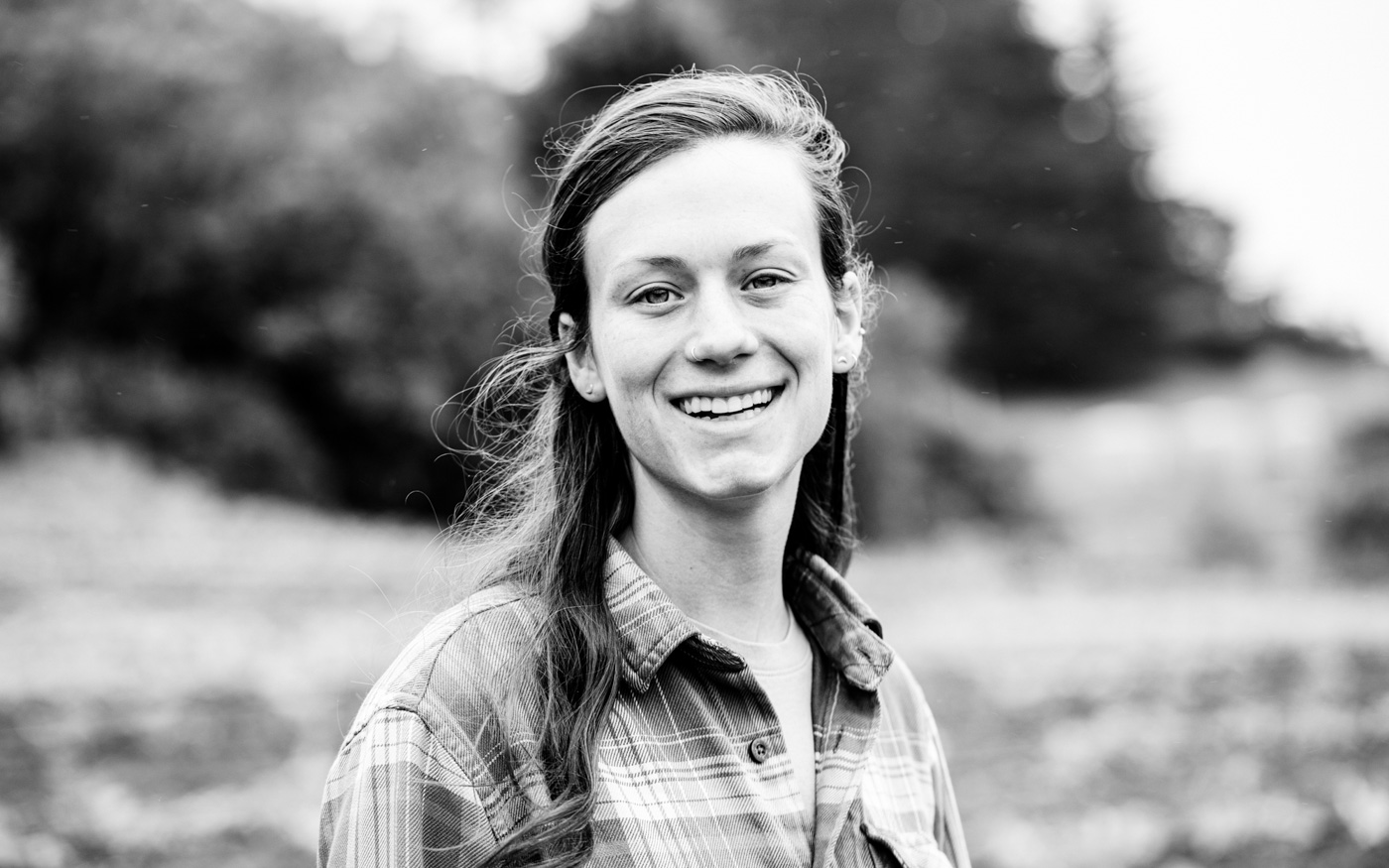
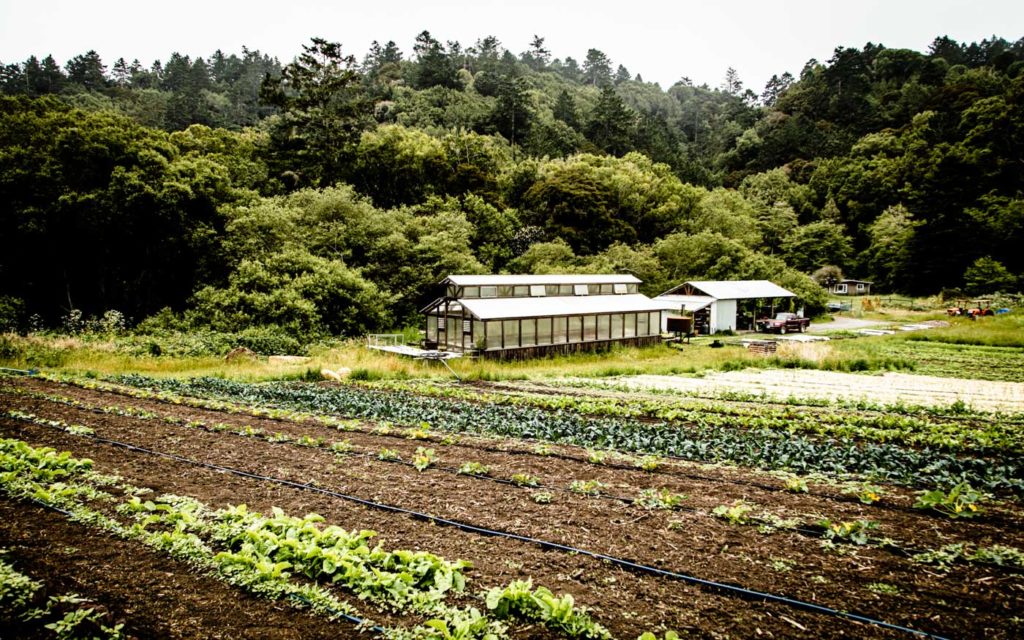
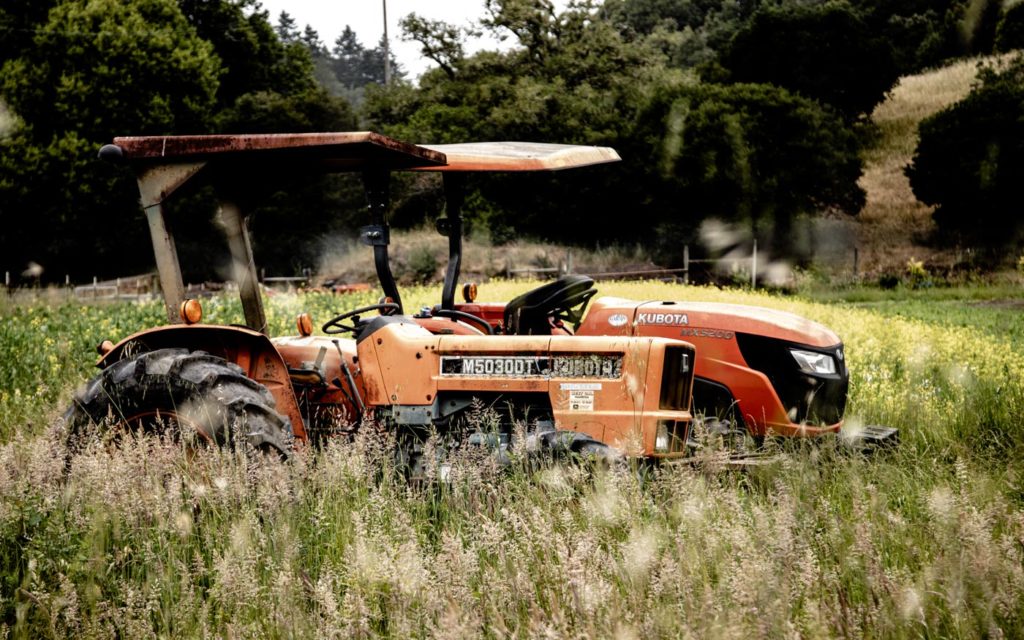
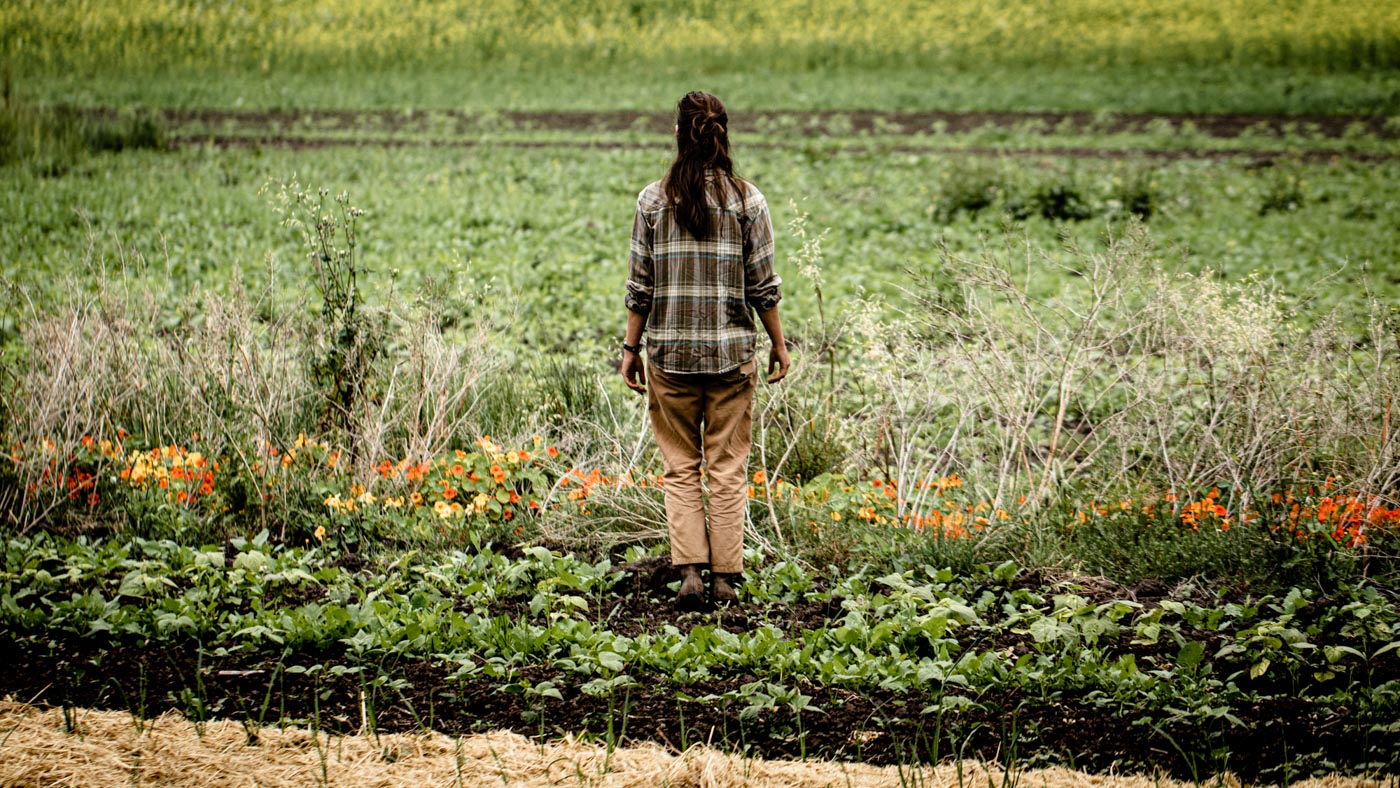
One of the benefits to living in San Francisco is Winfield can be at both the farm and the restaurants in the same day. As the liaison between Fresh Run and the Tusks, one of her responsibilities is to deliver produce to all three restaurants on harvest days, driving the thirty miles back to San Francisco from Bolinas. It’s on one of those days when I meet her at Verjus, the Tusks’ latest restaurant, housed on the ground floor of a tan building on a tree-lined street in Jackson Square, teetering on the edge of North Beach and the Financial District.
It’s happy hour when I arrive, already packed with the well-heeled nine-to-five crowd who have wandered over from the tall steel buildings that crowd the city’s skyline. I snake my way from the front door to the bar. The bartender’s expression changes from a look of greeting to one of reverence at the mention of Winfield’s name. I’m led to the other side of the restaurant where the kitchen opens into a room populated with tables and high-top counters. Chef Michael Tusk is in the kitchen wearing a black and white striped apron. “You’re here to see Emilie?” he asks. “She’s one of my favorite people.”
As if on cue, she appears. She’s dressed casually in jeans and a t-shirt, but looks at ease in the restaurant. We sit along the wall, and a server brings her a glass of wine. Over the course of our conversation I learn she’s from Sacramento and attended UC Santa Cruz where she studied plant science. She tells me how she learned to farm working on the university’s thirty-acre organic plot, growing green beans, sunchokes and collards, spurred by her interest in sustainability and issues related to climate change. “Agriculture presents a huge challenge, but also a really big opportunity,” she says. “We can work directly with the land as a way to address climate change, create community and green jobs, and be creative.”
From there, she worked briefly in a plant biology lab before moving to New York where she lived for a few years. She worked at Brooklyn Grange, a rooftop farm devoted to urban agriculture, and taught ecology classes. Winfield then moved back to the Bay Area and continued developing her resume. First, she started a farm for Oak and Rye, a restaurant in Los Gatos, and then pivoted to Love Apple Farm, as the garden manager, supplying Chef David Kinch. She cultivated a network of other farmers, including Annabelle Lenderink, who introduced her to Peter Martinelli just as he was beginning his partnership with the Tusks. These relationships have been important to her, both personally and professionally, especially with other female farmers. “Farming is an isolating field,” she says. “I’ve found a lot of support among the female farmers I know.”

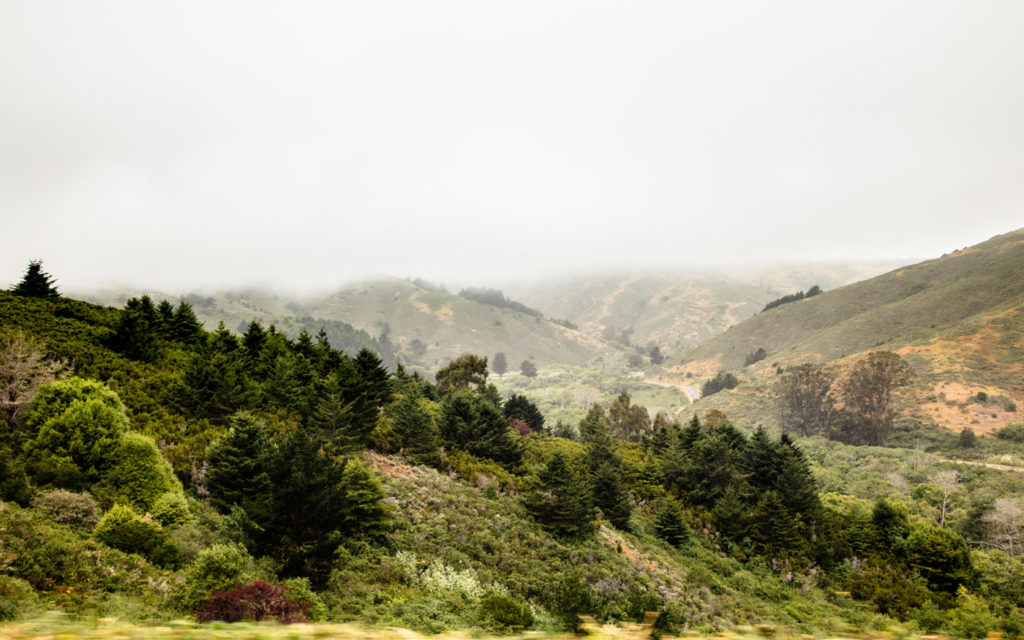

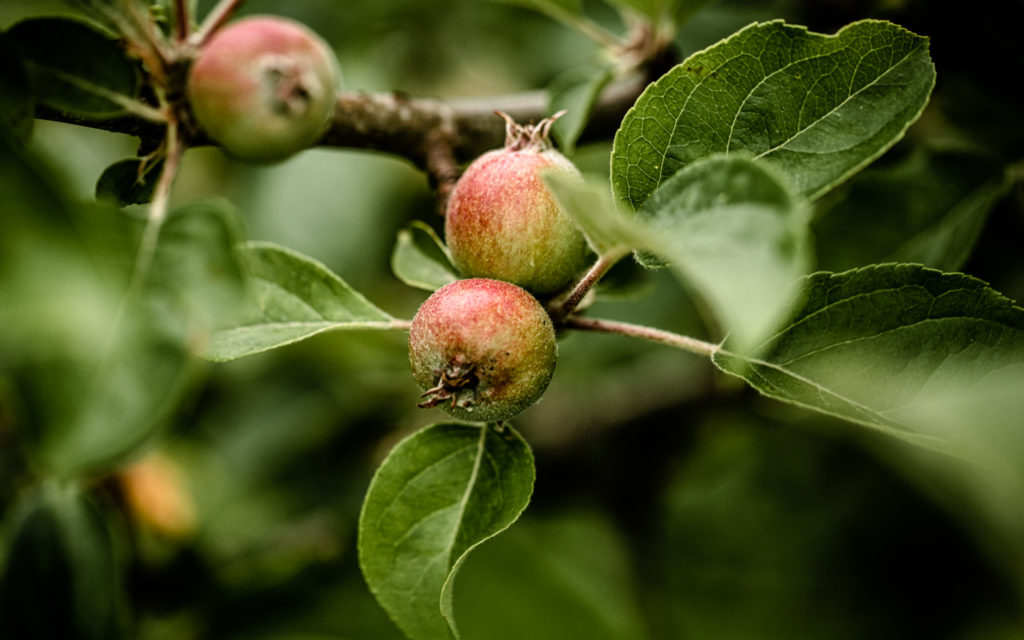
Winfield is Fresh Run’s first crop manager. In the three years she’s been working there, she’s shared management duties with Martinelli. She’s responsible for seed inventory, propagation, seed starting in the greenhouse, transplanting, harvesting and record keeping. When she drops off produce to the restaurants on harvest days, she usually takes the opportunity to educate Tusk’s staff about the crops she’s delivered. In her off-time, she continues to teach ecology classes.
This model—a direct relationship between a restaurant group and a single farm—exists in only a few markets around the country. Most of these farms supply to high-end fine dining establishments who can afford such intimate partnerships and afford to pay their employees a livable wage. “The ethos behind fine dining, especially with respect to California, is really based on fresh, sustainable, local produce,” she says. “For these types of restaurants, there has to be value in these partnerships. Restaurants can get ingredients tailored to their menus, so it’s an opportunity in terms of product. For the Tusks, it’s important to invest in local agricultural. It’s about creating a different experience for staff and guests, who have to be willing to say this type of eating is important to them.”
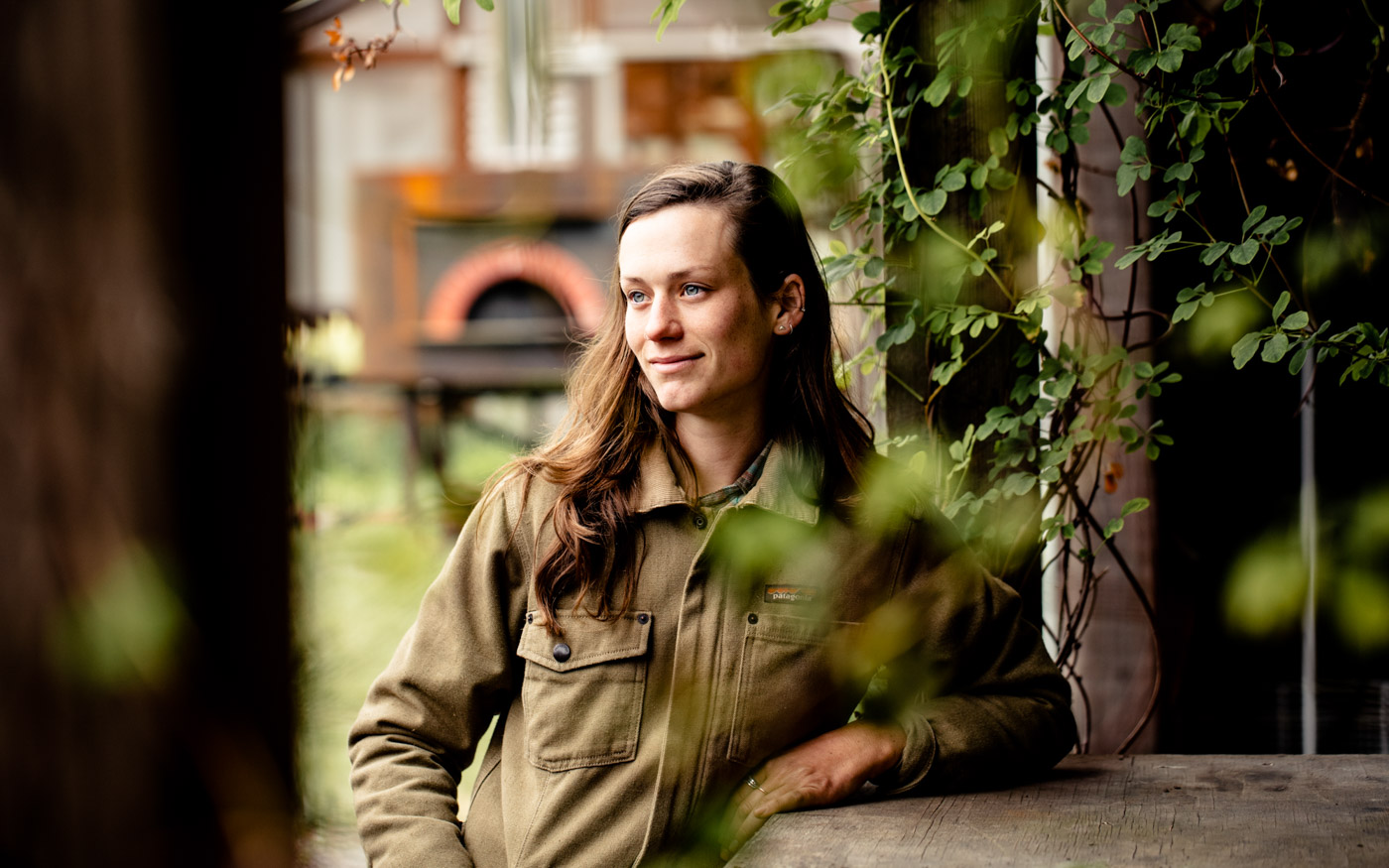
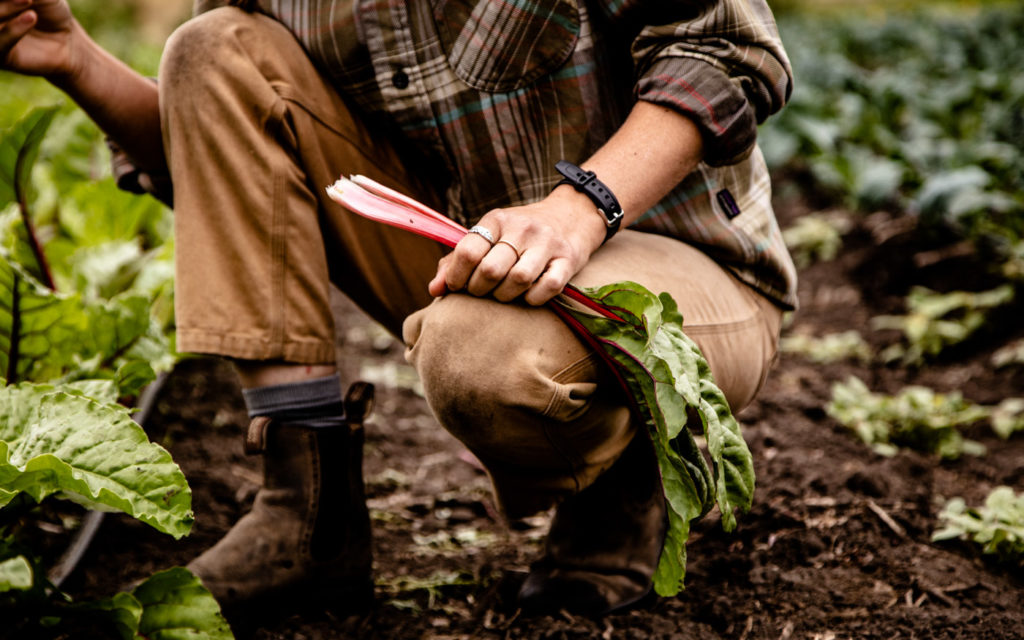
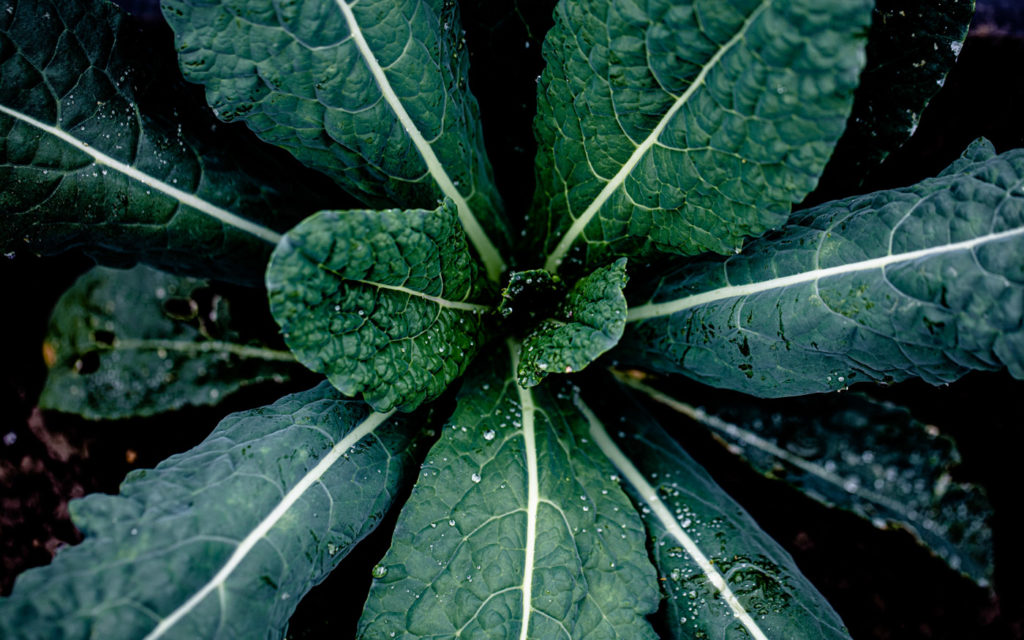
I ask Winfield about her future as a farmer. “I love my job. But after this role, the only way I’d want to continue farming is to own land. That’s not attainable in the Bay Area,” she tells me. Land is extremely valuable in the region—which can cost over $10,000 an acre—and there’s perpetual pressure to develop. Leasing land is also prohibitively expensive at $1,700 a month for 1.5 acres, making it nearly impossible for people without deep pockets. In fact, Winfield is headed to graduate school in the fall to study environmental policy and management at UC Davis.
At the mention of equity in land ownership, Winfield becomes animated. She whips off statistics. She quotes data from the 2017 Agricultural Census. “Women only own thirty-six percent of agricultural land in the United States, and the number of female principal operators is even less,” she says. “If you look at the numbers, women are super below where men are. How did the men who own the land get it? There’s been generations of sexism,” she says. “The way that women are treated in agriculture is exactly how women are treated in other industries. There’s a lot of implicit bias. It needs to be part of a larger cultural shift where women are respected without having to demand respect.”
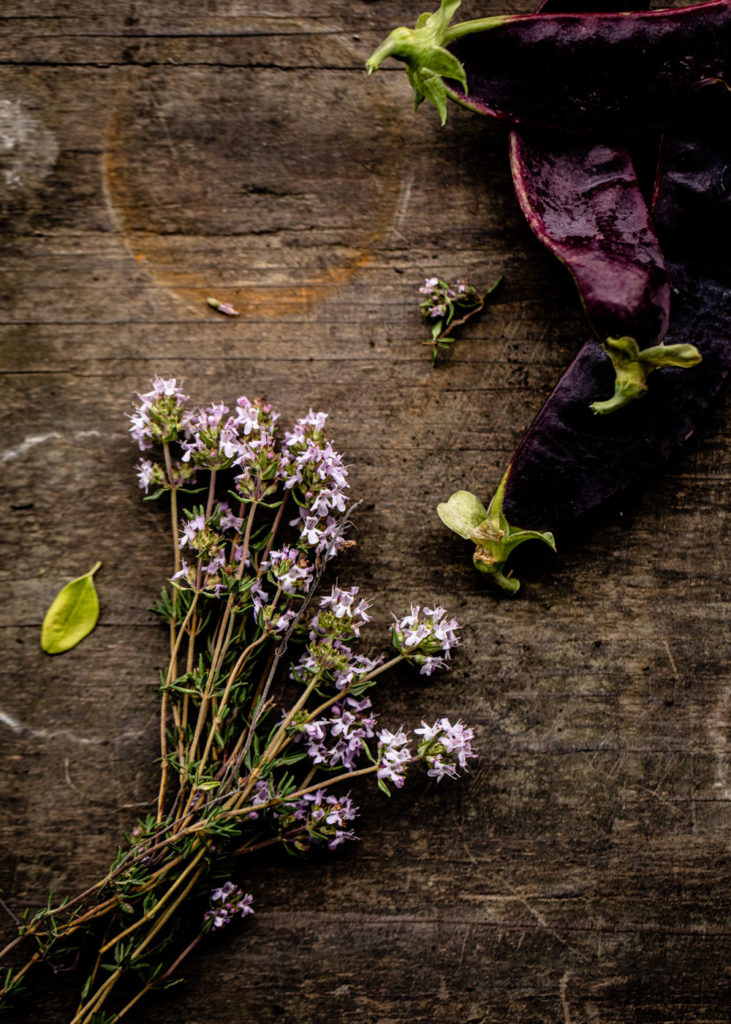
It’s for these reasons that it was important for Winfield to hire another female as her replacement when she leaves for UC Davis—another young woman like herself. “A lot of people in my generation didn’t grow up on a farm, and neither did our parents,” she says. “We never tell young people that we can be farmers, but it’s really encouraging that so many of us want to be involved in urban agriculture. And it’s a wonderful job for women to have.”





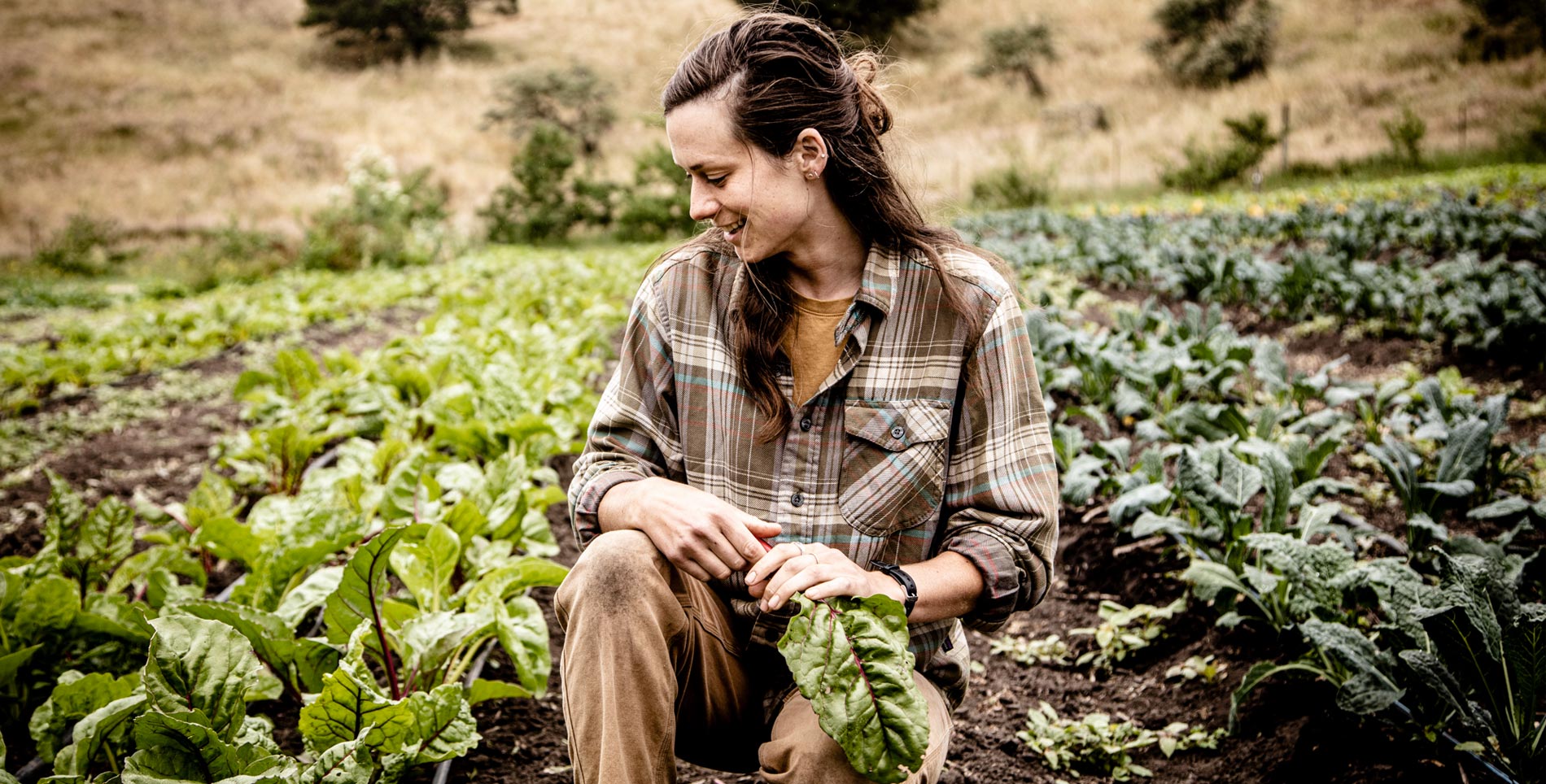

Our comments section is for members only.
Join today to gain exclusive access.